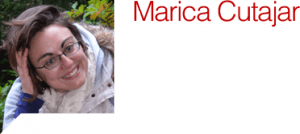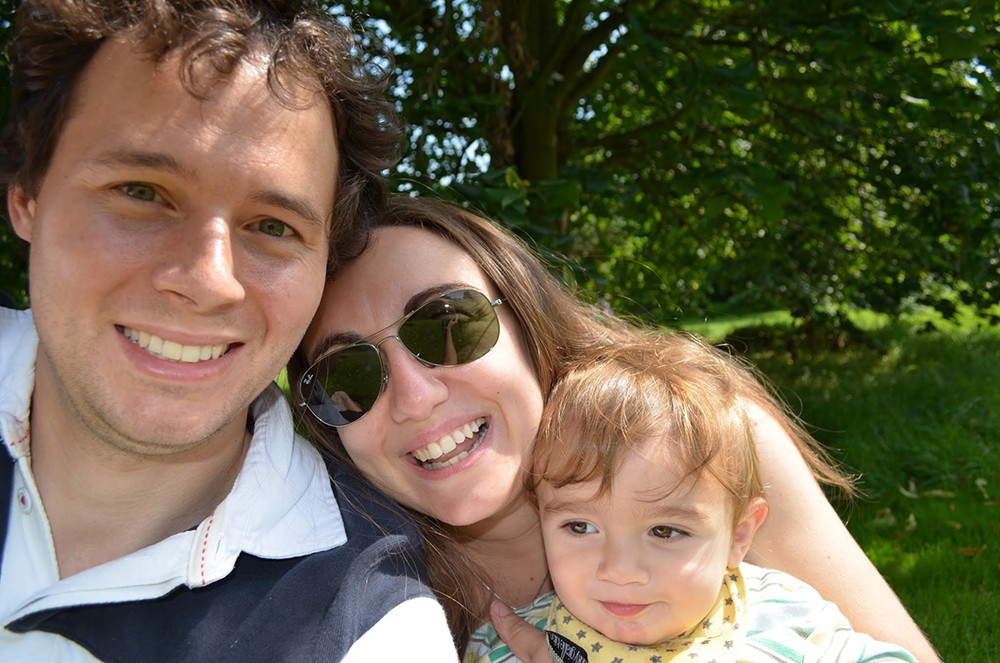
I chose to study Chemistry and Physics simply because they were the subjects I enjoyed most, so I enrolled on a B.Sc. (Hons) degree at the University of Malta without having a clear idea about what I would be doing once the four years are over. I was not the best brain in the class but in 2004 I graduated with a 2:1 grade and it was quite obvious that I needed a plan. A couple of opportunities to embark on a Ph.D. in Britain came along through local contacts and applications on jobs websites. Despite not knowing much about the subject, I decided to go with the Ph.D. at Exeter University because it was about Nuclear Magnetic Resonance, a subject that sits right on the verge of Chemistry and Physics.
Obviously the idea of moving abroad, living away from my parents and starting this amazing new adventure was incredibly exciting. From the start of my Ph.D. things went incredibly well, it was immediately obvious that I was much better at doing research than studying for exams. I started with looking into dynamics in solid materials on the microsecond timescale, which is the less studied type of motion. It bridges the gap between very fast (spin-lattice relaxation motions, nanosecond) and slow (millisecond to second) timescales. I published my first scientific paper a year into my Ph.D., and five more followed by the time I defended my thesis.
Because of the contacts I built during my Ph.D. as soon as I finished I was offered a post at University College London, Institute of Child Health, working as a research fellow in renal imaging. I carry out research at Great Ormond Street Children’s Hospital using novel non-invasive Magnetic Resonance Imaging (MRI) techniques. I work mainly with children requiring a kidney transplant. The aim of my work is to eventually be able to furnish doctors with information about their patients, which is currently either unavailable to them or they can only get through invasive clinical techniques such as biopsies. My work here has produced six peer-reviewed papers and I am currently working on a few more.
The research I carried out during my Ph.D. involved dealing with basic scientific concepts like Quantum Mechanics — that studies sub-atomic phenomena — and I was at liberty to experiment as I saw fit, which I enjoyed. However, despite being much more restrictive, I find clinical research extremely rewarding. Coming face to face with the people benefiting from all your hard work is really priceless.
Just after my Ph.D. I married my husband. We are now very proud parents of a two-year-old son. Any working mum would tell you that raising a family while maintaining a career is not easy, but I believe that if you like your job enough, combing the two is very worthwhile. Obviously research does not wait for anyone, and luckily for me, having colleagues that supported me meant that I was able to carry on publishing while I was on maternity leave.





Comments are closed for this article!